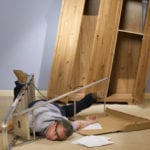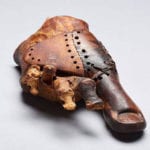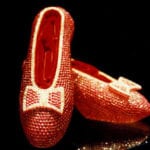 Miscellaneous
Miscellaneous  Miscellaneous
Miscellaneous  Pop Culture
Pop Culture 10 Heroes Who Have Battled Evil Versions of Themselves
 Movies and TV
Movies and TV 10 Films That Ended Actors’ Marriages
 Humans
Humans The 10 Strangest Records Set Traveling the U.S.
 Miscellaneous
Miscellaneous 10 Words Grammar Snobs Say Shouldn’t Exist but Do
 Our World
Our World 10 Natural Disasters That Shocked the World in 2024
 Weird Stuff
Weird Stuff 10 Unusual Items Credited with Saving People from Danger & Death
 Music
Music 10 Famous Songs That Bands Refuse to Play Live
 History
History 10 Instances Where One Vote Changed the World
 Movies and TV
Movies and TV 10 Reality TV Shows Sued by Their Participants
 Miscellaneous
Miscellaneous 10 Surprising Historical Origins of Christmas Traditions
 Pop Culture
Pop Culture 10 Heroes Who Have Battled Evil Versions of Themselves
 Movies and TV
Movies and TV 10 Films That Ended Actors’ Marriages
Who's Behind Listverse?

Jamie Frater
Head Editor
Jamie founded Listverse due to an insatiable desire to share fascinating, obscure, and bizarre facts. He has been a guest speaker on numerous national radio and television stations and is a five time published author.
More About Us Humans
Humans The 10 Strangest Records Set Traveling the U.S.
 Miscellaneous
Miscellaneous 10 Words Grammar Snobs Say Shouldn’t Exist but Do
 Our World
Our World 10 Natural Disasters That Shocked the World in 2024
 Weird Stuff
Weird Stuff 10 Unusual Items Credited with Saving People from Danger & Death
 Music
Music 10 Famous Songs That Bands Refuse to Play Live
 History
History 10 Instances Where One Vote Changed the World
 Movies and TV
Movies and TV 10 Reality TV Shows Sued by Their Participants
10 Everyday Things That Could Unexpectedly Save Your Life
Okay: you have anticipated the crisis well by stocking up on water, canned goods and ammunition in case of an emergency. Your flashlights all have fresh batteries with battery backups, the medical kit is stocked, and a portable camp grill sits ready for cooking. But here are some items you may not have given a thought, but which could be useful and may even save your life:
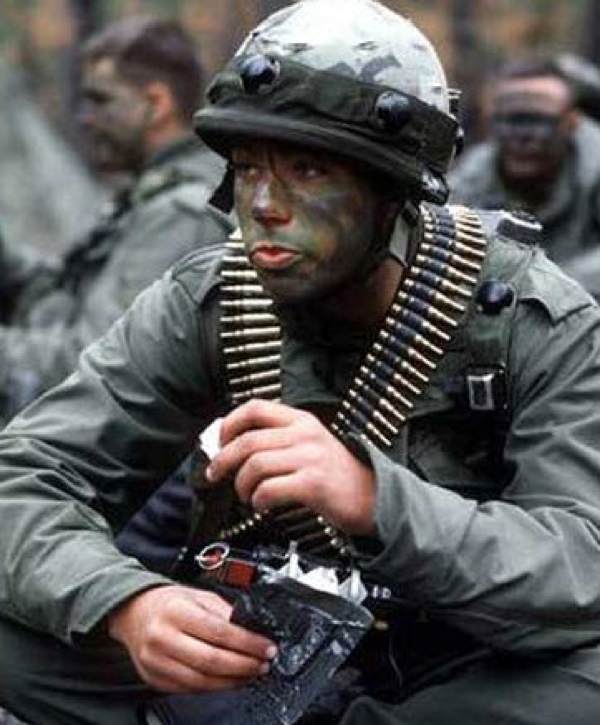
Yes, plain old chewing gum. The simple act of chewing on a stick of gum can suppress your appetite, thereby preserving limited food supplies from overindulgence, while aiding in necessary saliva production. While it will not substitute for a turkey dinner, and despite the common myth about its digestive properties, a stick or two also can be used in a pinch for short-term nutrition.
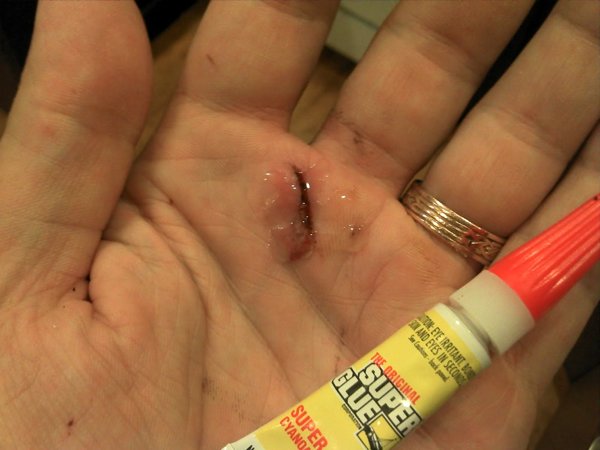
Have a superficial wound that needs stitching? No medical staff, no needle and thread or no sewing training? No problem. While it will not do much for penetrating wounds like gunshots, super glue as an emergency suture can quickly bind and protect minor lacerations that otherwise could become infected.

You’ve seen it in the movies: guy gets shot, breaks apart a few bullets, pours the gunpowder over the wound and lights it. Guess what? While excruciatingly painful, it does exactly what is needed by sterilizing and cauterizing the wound. While not the best solution, it is certainly an option when a trip to the emergency room or a doctor is out of the question.
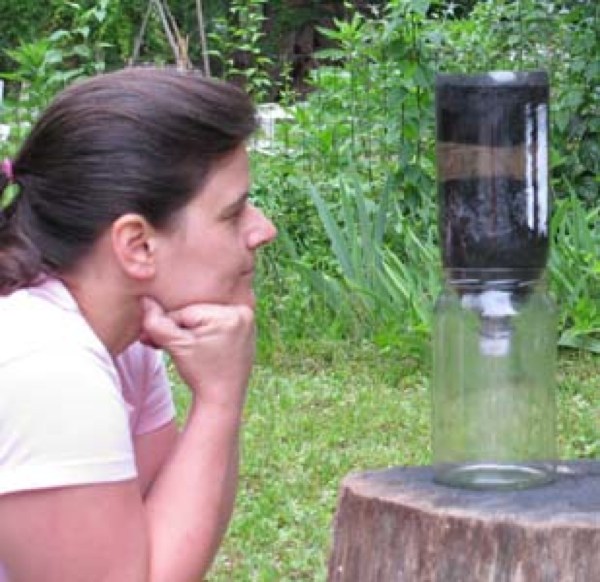
Chances are, you already have charcoal on hand for weekend barbecues. While you may want to use the charcoal for cooking, there is another reason to have it handy: water purification. Drill a hole in the bottom of any type of plastic container (like a five gallon bucket), line it with the cheesecloth, place charcoal in it and pour in water – and voila, an instant water purification system! Afterwards, you can let the charcoal dry and cook up a can of beans or even that long-desired turkey dinner.
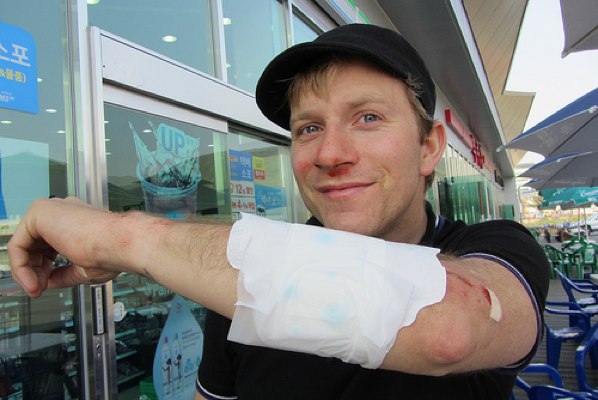
Feminine hygiene aside, the sanitary pad’s origin lies in nineteenth-century battlefield hospitals to treat bullet wounds. Only after World War I did they take on their now-traditional use, when American nurses returning from Europe popularized an alternative use for overstocked bandages meant for the war. In times of emergency, when medical facilities or staff may not be available, the self-treatment of bleeding wounds will be a necessity. Typically made of flammable material, they are also effective as kindling after use on a wound.

Vinegar is a versatile antibacterial and microbial that can treat skin burns, inflammations and infections. As a cleaning agent it sanitizes and deodorizes, and can mask any odors that you may not want to smell yourself, or which you’re afraid might give away your position to wildlife. A small amount mixed with water can also be swallowed to relieve an upset stomach, or to remove parasites from any contaminated water or undercooked venison you may accidentally consume.
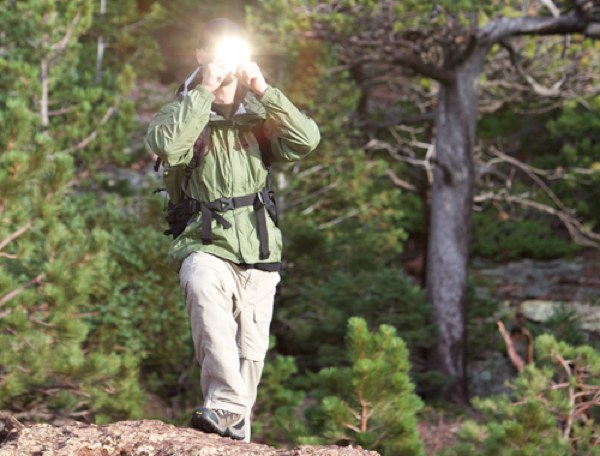
Any shiny object will do the job, but a compact mirror in your survival kit can be a lifesaver when used as a silent emergency beacon. It can be effective in both sun and moonlight, and can even start fires on a sunny day. While mirrors have been shown to be more effective than flare guns, a rescue team passing by still may miss your signal; an auditory signal from a whistle is certain to attract their attention.
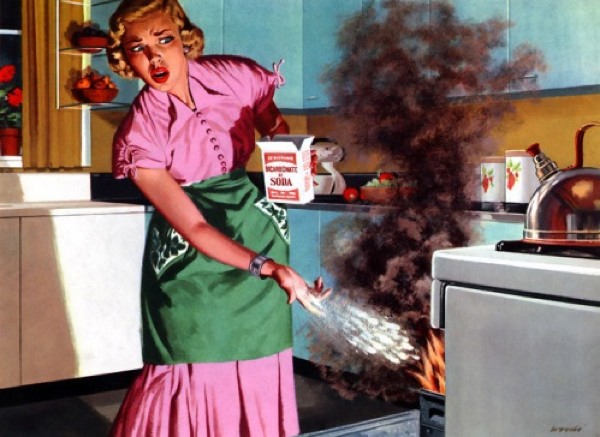
Most effective as a reliever of upset stomachs, there is an even better reason to have baking soda handy: fire. In an emergency, the fire department might not be able to respond, and your water supply could well be too precious to waste on fire fighting. An inexpensive alternative, baking soda easily puts out cooking and other small fires that may occur while hunkered in your bunker.
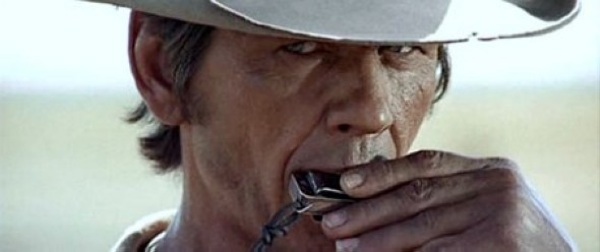
If there is a power outage – a likely prospect in a catastrophic emergency – radio stations will be static, and even with a generator there will hardly be enough spare power to recharge your portable music player.
Musical tones – regardless of the source – have been shown to stimulate both the creative and pleasure centers of the brain; to help maintain focus and concentration; and to reduce anxiety and pain. The harmonica – an inexpensive item easily obtained from many retailers – just might help maintain your sanity until the situation normalizes. (If nothing else, it gives you something to pass the time while you wait for your wounds to heal.)
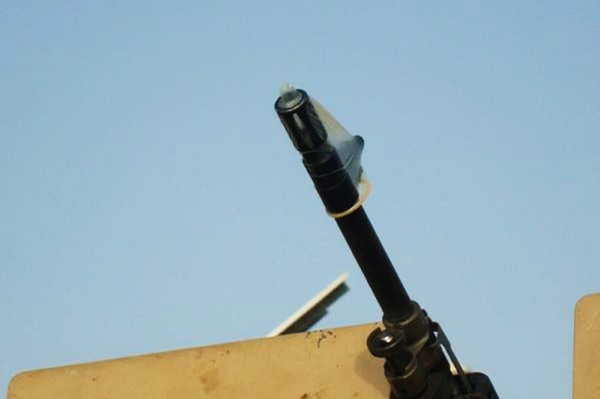
Aside from coming in handy whenever the sweet musical tones of the harmonica fail to satisfy, condoms are useful in another way: water storage. Durable and stretchable, a condom can hold up to a gallon of water. They can also be used to protect against water, as a stretchable cover for valuable items like matches and walkie-talkies. When used to cover a rifle muzzle – as any member of the military who has served in a hostile environment can tell you – they can also prevent debris from entering and clogging the barrel.
—-
Steve Sagarra is a freelance writer, journalist and historian from St. Louis, MO. His curmudgeonly ramblings can be read at his personal blog; or you can follow his 140 character ones on Twitter – @SteveSagarra

